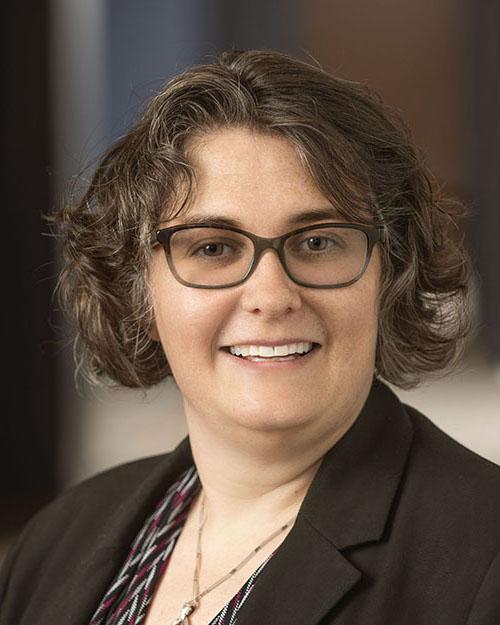Is Daylight Saving Time Actually Bad for Your Health?
March 09, 2023
This article was reviewed by our Baystate Health team to ensure medical accuracy.
 Karin G. Johnson, MD
View Profile
Karin G. Johnson, MD
View Profile

Health & Wellness Tips
Related Articles
-
Coping with Illness
![Man on couch coughing into clenched fist.]()
What Is COPD? Understanding Symptoms & Early Signs
-
Coping with Illness
![New Alzheimer's Disease Drugs Receive FDA Approval, Offering Hope]()
New Alzheimer's Disease Drugs Receive FDA Approval, Offering Hope
-
Coping with Illness
![surgeons in operating room performing heart bypass surgery]()
What is Heart Bypass Surgery? CABG Surgery Can Be a Lifesaver
-
Coping with Illness
![a hugging couple coping with grief during the holidays]()
Grief During the Holidays: Ways to Celebrate While Grieving
-
Wellness & Prevention
![a woman discussing pancreatic cysts with her doctor, waiting for an MRI scan]()
Are Pancreatic Cysts Dangerous? Do They Cause Pancreatic Cancer?
-
Wellness & Prevention
![When to Get a Flu Shot]()
When to Get a Flu Shot, According to Experts
-
Wellness & Prevention
![How to Prevent Holiday Heart Syndrome]()
Holiday Heart Syndrome: Knowing the signs could save a life
-
Wellness & Prevention
![a child and her mother at the pediatrician getting a check-up]()
Childhood Cancer Signs and Symptoms Explained by a Pediatrician
-
Coping with Illness
![A doctor speaking to her patient about medications for Parkinson's disease]()
Parkinson's Medication: Symptom Control, Improved Quality of Life
-
Coping with Illness
![A man sitting down with shortness of breath and coughing]()
What is Interstitial Lung Disease? Don't Dismiss These Symptoms
Back to Top












